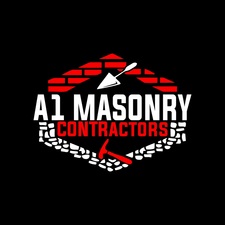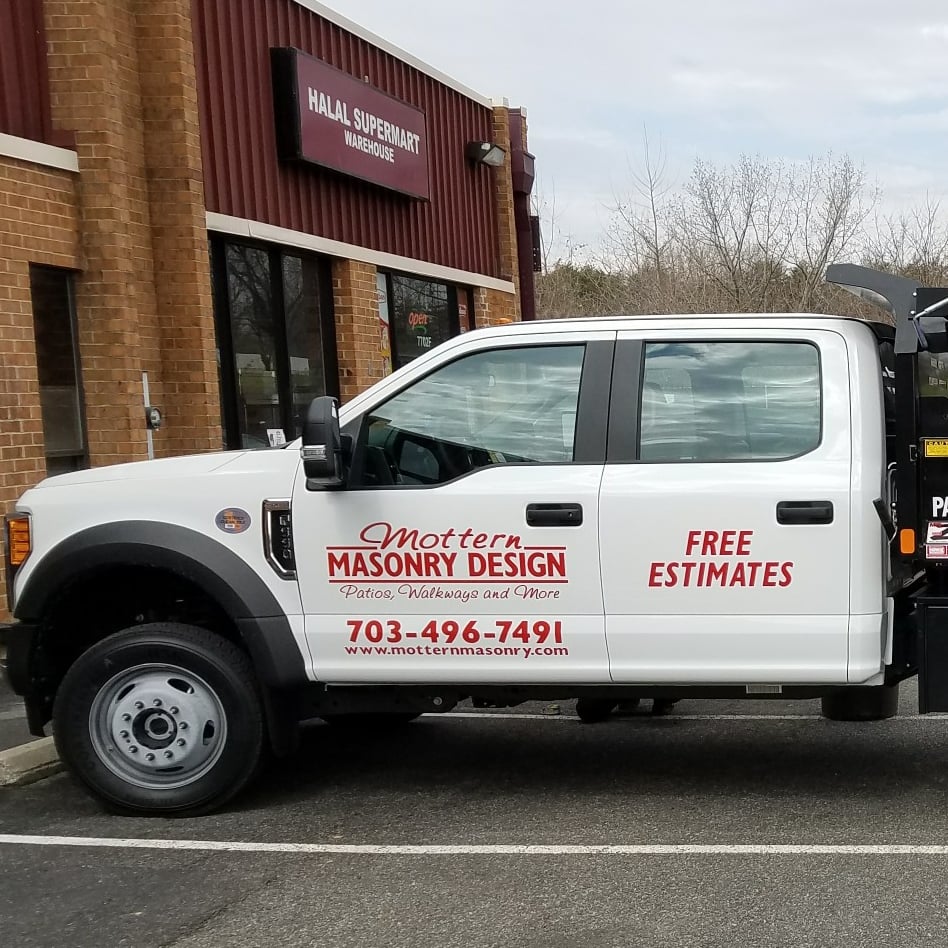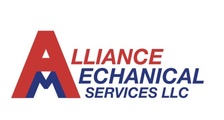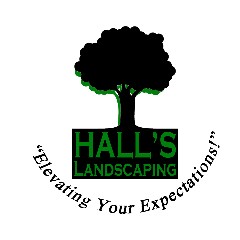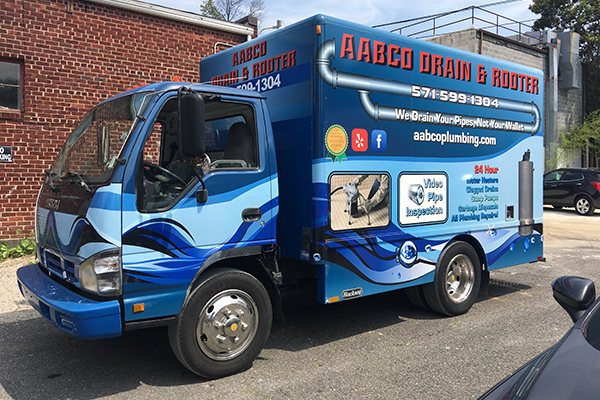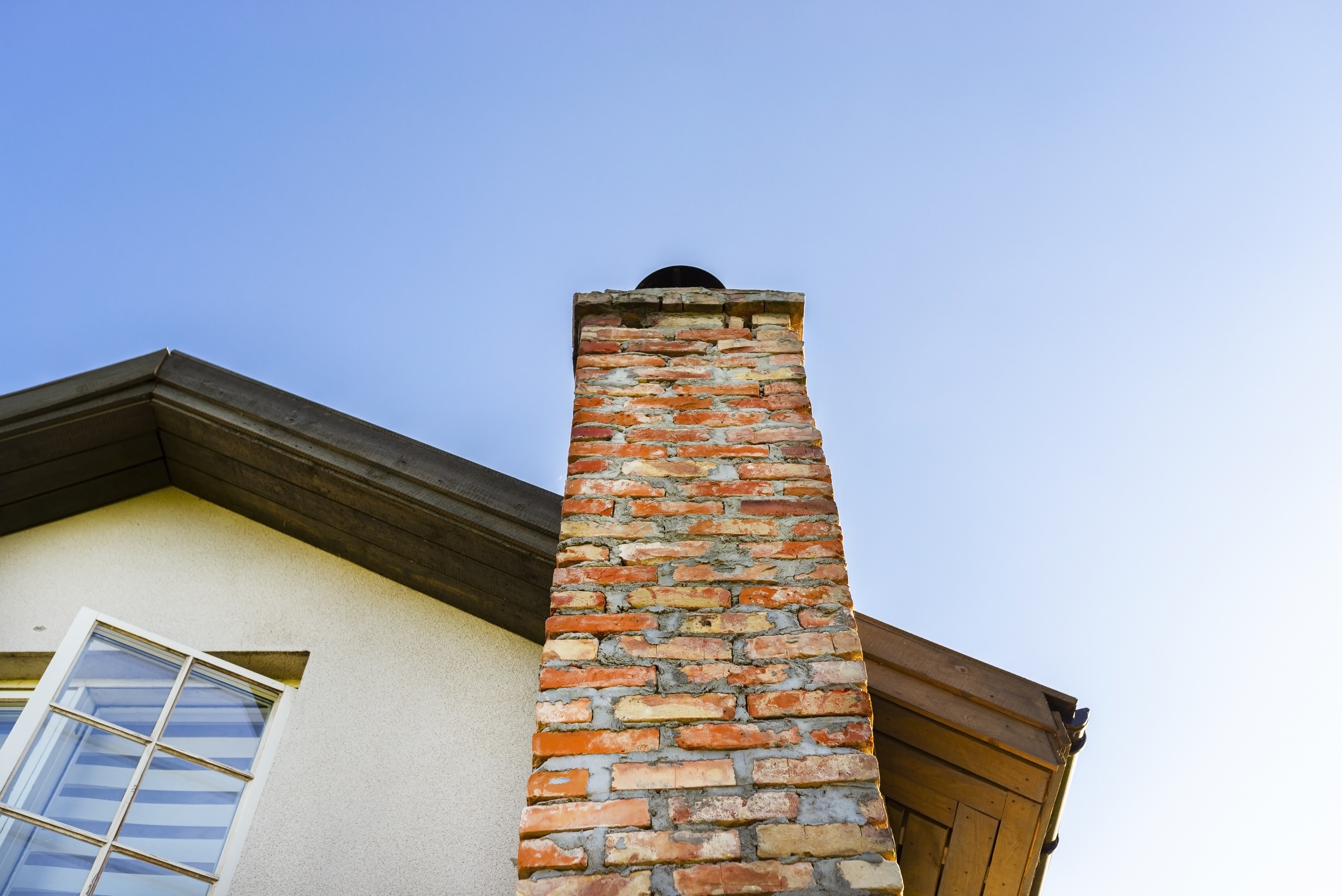
Get matched with top masons in Arlington, VA
Enter your zip and get matched with up to 5 pros
Need a pro for your masonry work project in Arlington, VA?
TRUSTED BY ARLINGTON, VA HOMEOWNERS
4.4
Average homeowner rating579
Verified masonry services reviews
Verified Reviews for Masonry Work pros in Arlington, VA
*The Angi rating for Masonry Work companies in Arlington, VA is a rating based on verified reviews from our community of homeowners who have used these pros to meet their Masonry Work needs.
*The HomeAdvisor rating for Masonry Work companies in Arlington, VA is a rating based on verified reviews from our community of homeowners who have used these pros to meet their Masonry Work needs.
Last update on January 02, 2026
Find Masons in Arlington

International Brick & Concrete
International Brick & Concrete
CONCRETE. MASONRY. ASPHALT. FALL AND LANDSCAPE CLEANUP. International Brick & Concrete was built brick by brick, stone by stone, on a concrete foundation of loyal, satisfied customers. These are truths and ethics in which I take great pride, and it is you, our customer, whom we thank for helping us as we strive to maintain our most cherished goal: "Earning your referrals and becoming the most often recommended brick, concrete, and stone craftsmen in your neighborhood."-Rigoberto Ortez
"Quite well. Contractor was responsive, efficient, informative, and thorough. Replacement looks beautiful. Contractor cleaned site after completion of driveway; repaired lawn on each side of driveway. I am pleased with the results."
Patsy M on August 2025
CONCRETE. MASONRY. ASPHALT. FALL AND LANDSCAPE CLEANUP. International Brick & Concrete was built brick by brick, stone by stone, on a concrete foundation of loyal, satisfied customers. These are truths and ethics in which I take great pride, and it is you, our customer, whom we thank for helping us as we strive to maintain our most cherished goal: "Earning your referrals and becoming the most often recommended brick, concrete, and stone craftsmen in your neighborhood."-Rigoberto Ortez
"Quite well. Contractor was responsive, efficient, informative, and thorough. Replacement looks beautiful. Contractor cleaned site after completion of driveway; repaired lawn on each side of driveway. I am pleased with the results."
Patsy M on August 2025

Mayco Andrade Plumbing
Mayco Andrade Plumbing
We have over 20 years of experience in the business. Here at Mayco Andrade Plumbing we pride our company on reliability, great communication, integrity, and quality work. We are experts in our trade and will do our best to keep you as educated as we can on your particular task or project. We look forward to earning your business!
"Helpful and efficient - didn't pretend I needed to replace the whole thing to make more money, would hire again. "
Chris G on August 2025
We have over 20 years of experience in the business. Here at Mayco Andrade Plumbing we pride our company on reliability, great communication, integrity, and quality work. We are experts in our trade and will do our best to keep you as educated as we can on your particular task or project. We look forward to earning your business!
"Helpful and efficient - didn't pretend I needed to replace the whole thing to make more money, would hire again. "
Chris G on August 2025
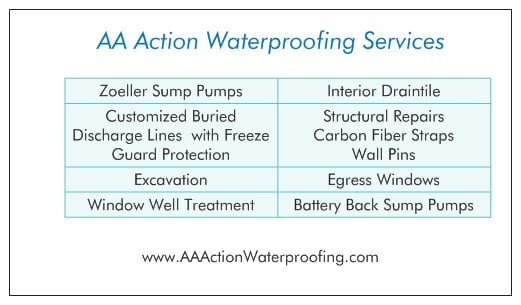
AA Action Waterproofing Inc
AA Action Waterproofing Inc
We strive to exceed your expectations in waterproofing, mold remediation and foundation repair. We take pride in our work, that’s why we don’t employ subcontractors. We understand there are a lot of choices out there when choosing a certified installer – we hope you choose us! Protect your home and health from mold and mildew invaders. In our 28 years of experience, we have never encountered a wet basement, crawlspace encapsulation or mold removal condition that we couldn’t handle. Give us a call today for a free, no obligation inspection and professional basement waterproofing system tailored for your home or commercial project. AA Action Waterproofing is licensed, insured and bonded with a A+ Rating with the BBB. Please call us and we’ll happily supply you with references.
"They did a great job. We got 4 quotes; they were neither the cheapest nor the most expensive. Everything was done on schedule, and they did not try to talk us into work we didn't need. Very professional, and they did a good clean-up job. We were initially annoyed that they had not cleanly cut through our tile (which we did not think to request), but we would have ended up pulling up and replacing the cut pieces anyway, so it really doesn't matter. Water problems in our basement have stopped! We are very satisfied."
Michelle R on March 2021
We strive to exceed your expectations in waterproofing, mold remediation and foundation repair. We take pride in our work, that’s why we don’t employ subcontractors. We understand there are a lot of choices out there when choosing a certified installer – we hope you choose us! Protect your home and health from mold and mildew invaders. In our 28 years of experience, we have never encountered a wet basement, crawlspace encapsulation or mold removal condition that we couldn’t handle. Give us a call today for a free, no obligation inspection and professional basement waterproofing system tailored for your home or commercial project. AA Action Waterproofing is licensed, insured and bonded with a A+ Rating with the BBB. Please call us and we’ll happily supply you with references.
"They did a great job. We got 4 quotes; they were neither the cheapest nor the most expensive. Everything was done on schedule, and they did not try to talk us into work we didn't need. Very professional, and they did a good clean-up job. We were initially annoyed that they had not cleanly cut through our tile (which we did not think to request), but we would have ended up pulling up and replacing the cut pieces anyway, so it really doesn't matter. Water problems in our basement have stopped! We are very satisfied."
Michelle R on March 2021
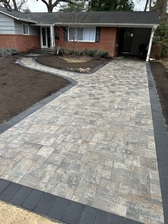
A1 Provision Contractor
A1 Provision Contractor
20+ Years Experience. We take great pride in our experience, expertise, quality and customer service, that we provide to meet the consumer's needs. It is our mission to provide excellent workmanship, and complete customer satisfaction, from start to completion of a project. In order to understand the needs and expectations of our customers, we take great care to work and communicate, with every customer in a professional manner. Our reputation is based on service, safety and quality, regardless of how large, or small the job. Call us today!
"We had a very positive experience with A-1 Provision Contractors. Patrick and his team met or exceeded all expectations for our new driveway and walkway to our front porch. The price for the entire job was reasonable, and the workmanship, project management, and communication were all excellent. I highly recommend using their services."
Kevin L on December 2025
20+ Years Experience. We take great pride in our experience, expertise, quality and customer service, that we provide to meet the consumer's needs. It is our mission to provide excellent workmanship, and complete customer satisfaction, from start to completion of a project. In order to understand the needs and expectations of our customers, we take great care to work and communicate, with every customer in a professional manner. Our reputation is based on service, safety and quality, regardless of how large, or small the job. Call us today!
"We had a very positive experience with A-1 Provision Contractors. Patrick and his team met or exceeded all expectations for our new driveway and walkway to our front porch. The price for the entire job was reasonable, and the workmanship, project management, and communication were all excellent. I highly recommend using their services."
Kevin L on December 2025
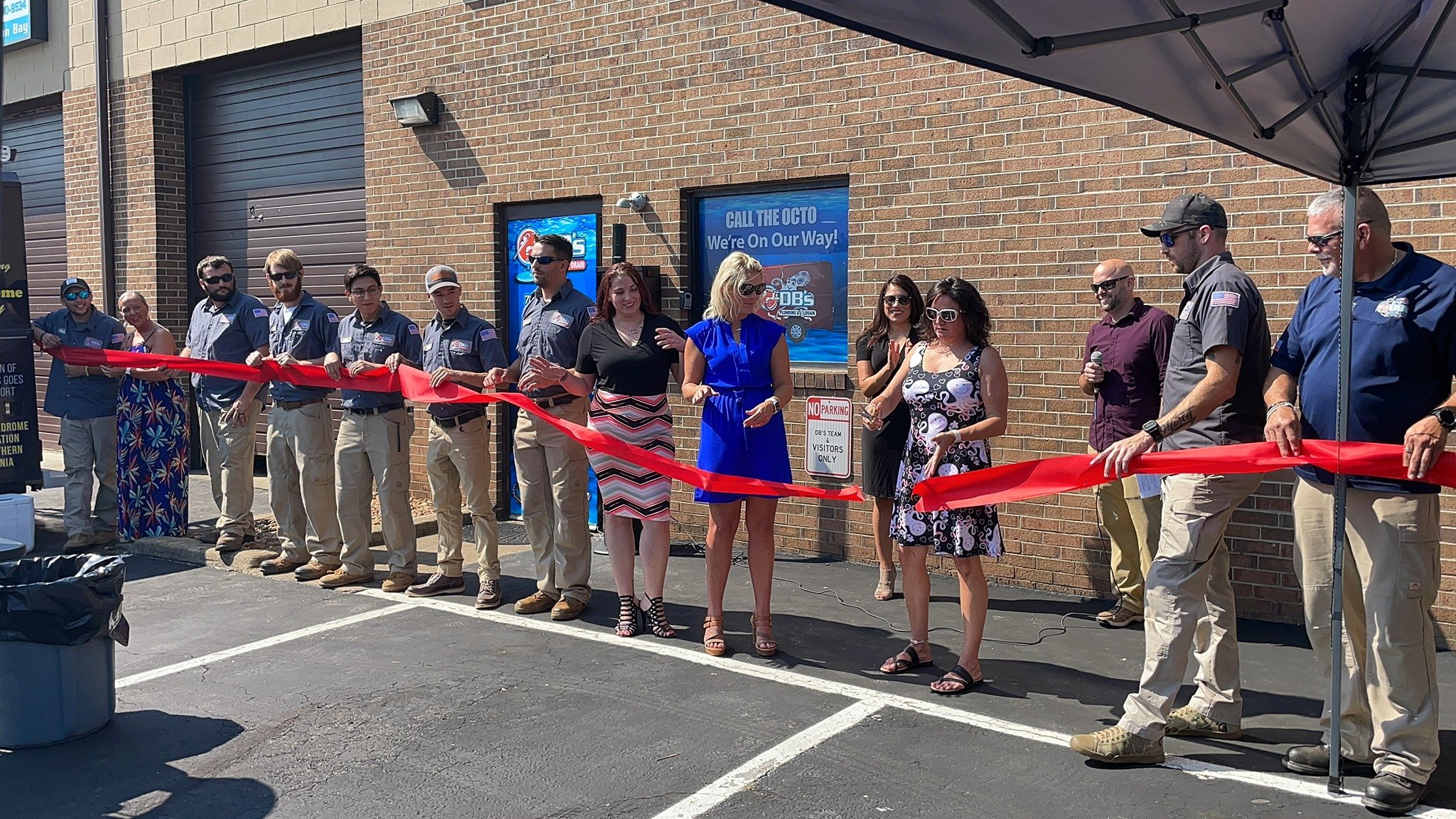
DB's Plumbing & Drain
DB's Plumbing & Drain
FOR FASTEST RESPONSE, PLEASE CALL (703) 810-7267. The fully-trained and professional team at DBs Plumbing and Drain always say what they are going to do and do what they say. Because of this, they have a less than 1% call back rate and offer a customer satisfaction guarantee on every job they take on. They are consistent with their pricing and will never overcharge for services performed. They are also consistent in their services, always going above and beyond and offering the same level of service, no matter what the price. Their goal is to build customers for life and they take this job very seriously. When you need plumbing help in Woodbridge, Prince William, Fairfax, and Stafford Counties and all of Northern Virginia, call on DBs Plumbing and Drain.
"I recently had a fantastic experience with Nick from DB’s Plumbing & Drain for a leaking pipe issue in my home. From start to finish, their service was exceptional! DB’s team was prompt, courteous, and professional. They arrived on time, assessed the problem quickly, and explained the repair process in a way that was easy to understand. The plumber worked efficiently, fixing the leak with high-quality materials, and even took the time to check for other potential issues to prevent future problems. The pricing was fair, and there were no hidden fees. I am so grateful for their expertise and attention to detail. I highly recommend DB’s to anyone needing reliable plumbing services!"
Christine F on September 2025
FOR FASTEST RESPONSE, PLEASE CALL (703) 810-7267. The fully-trained and professional team at DBs Plumbing and Drain always say what they are going to do and do what they say. Because of this, they have a less than 1% call back rate and offer a customer satisfaction guarantee on every job they take on. They are consistent with their pricing and will never overcharge for services performed. They are also consistent in their services, always going above and beyond and offering the same level of service, no matter what the price. Their goal is to build customers for life and they take this job very seriously. When you need plumbing help in Woodbridge, Prince William, Fairfax, and Stafford Counties and all of Northern Virginia, call on DBs Plumbing and Drain.
"I recently had a fantastic experience with Nick from DB’s Plumbing & Drain for a leaking pipe issue in my home. From start to finish, their service was exceptional! DB’s team was prompt, courteous, and professional. They arrived on time, assessed the problem quickly, and explained the repair process in a way that was easy to understand. The plumber worked efficiently, fixing the leak with high-quality materials, and even took the time to check for other potential issues to prevent future problems. The pricing was fair, and there were no hidden fees. I am so grateful for their expertise and attention to detail. I highly recommend DB’s to anyone needing reliable plumbing services!"
Christine F on September 2025
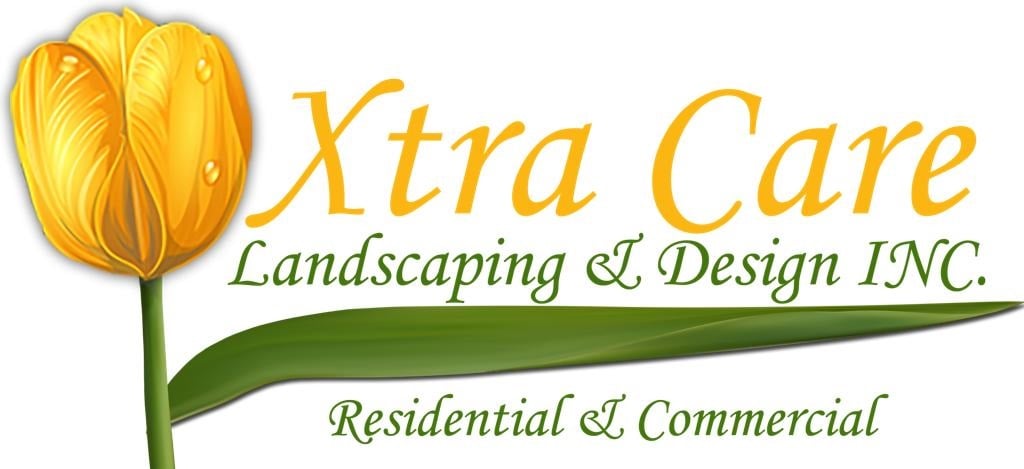
Xtra Care Landscaping & Design INC
Xtra Care Landscaping & Design INC
We understand how important it is to have confidence in the people who design your landscape. We have a friendly staff of highly creative and capable people, and we pride ourselves in our excellent service recognized around DC area, Maryland and Virginia. That’s how we’ve built our business throughout more than 18 years and mostly through referrals. For more than a decade, Xtra Care Landscaping & Design, Inc, has provided professional lawn and yard maintenance as well as comprehensive landscaping design-build services to residential and commercial clients throughout the metropolitan Washington, DC area.Whether you choose mowing and edging, artificial turf or mulching our competitive pricing and professional service is among the best in the area, and be sure to ask about our complete landscape design-build services guaranteed to blend your home or office seamlessly into it’s natural surroundings. Call us for any of the listed services: Yard & Maintenance, Hardscaping, Sprinkler Systems, Lighting, Artificial Turf, Decks, Landscape Design, Going Green, Concrete Art, Or Commercial Maintenance!
"Great job. Knowledgeable and professional"
Keith M on September 2025
We understand how important it is to have confidence in the people who design your landscape. We have a friendly staff of highly creative and capable people, and we pride ourselves in our excellent service recognized around DC area, Maryland and Virginia. That’s how we’ve built our business throughout more than 18 years and mostly through referrals. For more than a decade, Xtra Care Landscaping & Design, Inc, has provided professional lawn and yard maintenance as well as comprehensive landscaping design-build services to residential and commercial clients throughout the metropolitan Washington, DC area.Whether you choose mowing and edging, artificial turf or mulching our competitive pricing and professional service is among the best in the area, and be sure to ask about our complete landscape design-build services guaranteed to blend your home or office seamlessly into it’s natural surroundings. Call us for any of the listed services: Yard & Maintenance, Hardscaping, Sprinkler Systems, Lighting, Artificial Turf, Decks, Landscape Design, Going Green, Concrete Art, Or Commercial Maintenance!
"Great job. Knowledgeable and professional"
Keith M on September 2025

F.H. Furr Plumbing Heating AC & Electrical
F.H. Furr Plumbing Heating AC & Electrical
F.H. Furr provides residential products and services in the plumbing, heating, air conditioning, and electrical business. They put their customers first and provide them with quality products from trained technicians. F.H. Furr has committed to the highest degree of professional development and training in the industry, to work diligently in exceeding every expectation of the client in need. Based out of Manassas, Va., the company has expanded throughout Northern Va., Rockville, Md., Fredericksburg, and Richmond, Va. Whether you need plumbing, heating, cooling, or electrical repairs or replacements, call on F.H. Furr for "Absolutely The Best" service!
"The repair work was well done. I had no idea it would take 2 people. The first quote was for a lower price but then they did not have the parts so I said OK to the more expensive option. But then they were not able to do the more expensive option so they went and got the part for the lower price option. But ultimately they charged me for the higher price option. I have called three days in a row and have not been able to resolve the price discrepancy."
Andy W on June 2025
F.H. Furr provides residential products and services in the plumbing, heating, air conditioning, and electrical business. They put their customers first and provide them with quality products from trained technicians. F.H. Furr has committed to the highest degree of professional development and training in the industry, to work diligently in exceeding every expectation of the client in need. Based out of Manassas, Va., the company has expanded throughout Northern Va., Rockville, Md., Fredericksburg, and Richmond, Va. Whether you need plumbing, heating, cooling, or electrical repairs or replacements, call on F.H. Furr for "Absolutely The Best" service!
"The repair work was well done. I had no idea it would take 2 people. The first quote was for a lower price but then they did not have the parts so I said OK to the more expensive option. But then they were not able to do the more expensive option so they went and got the part for the lower price option. But ultimately they charged me for the higher price option. I have called three days in a row and have not been able to resolve the price discrepancy."
Andy W on June 2025
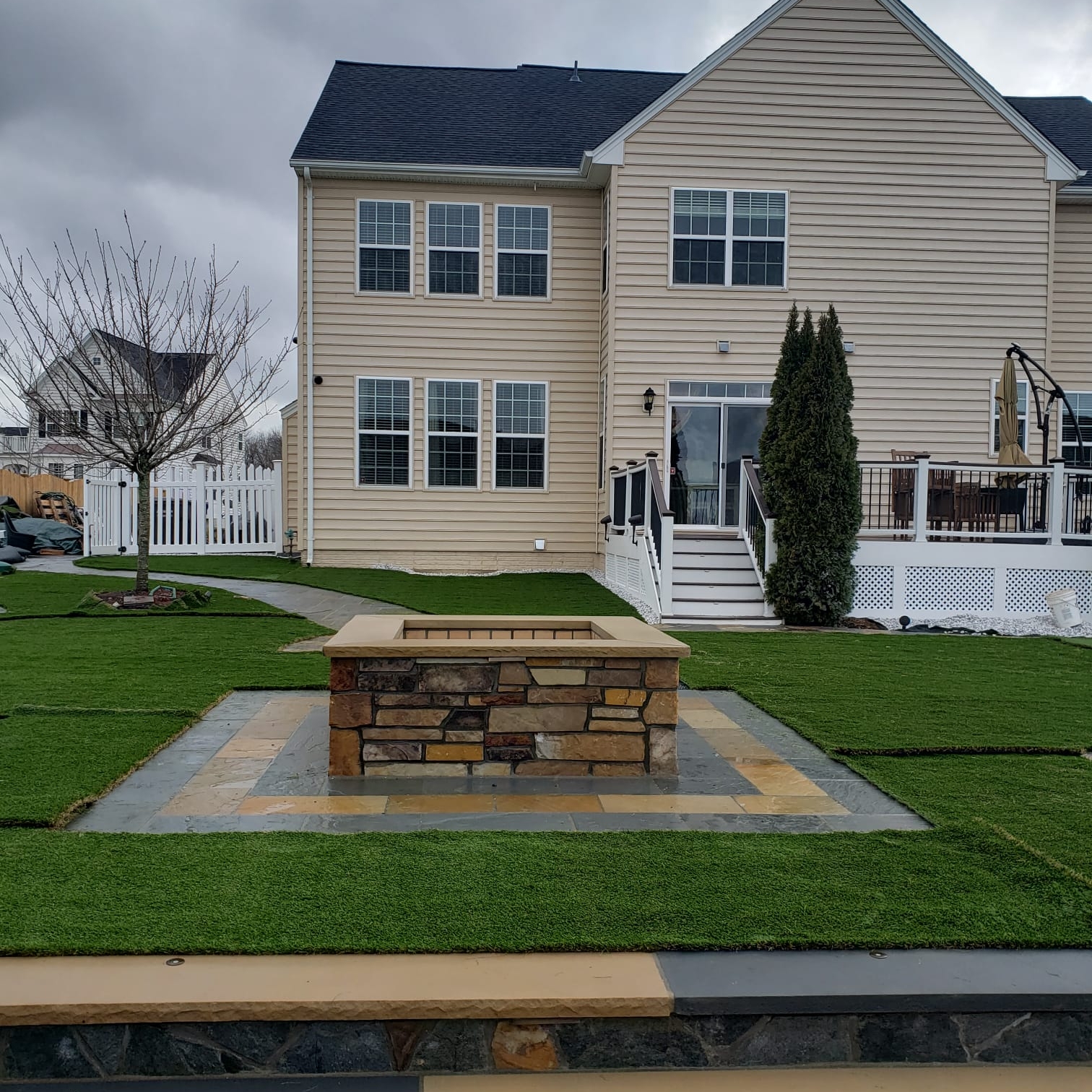
Horizon Landscaping Designs LLC
Horizon Landscaping Designs LLC
Outdoor Designs it Includes: MASONRY AND HARDSCAPE Drainage Solutions, Patios, retaining walls, walkways, fireplaces, firepit, fences, driveways, columns, ponds, mulch, etc. We have general liability insurance License Maryland ( MHIC No. 133815 ) License Virginia Class A VA 2705189468 Free Estimate and Designs
"Horizon Landscaping Designs did a superb job of refurbishing the retaining wall on our property. It required a significant effort as it was over 20 years old and beginning to collapse. The work was completed in only two days and the crew worked nonstop to get it done. The work was flawless and the wall is in top condition now. The cost was reasonable and well worth the quality of the work. We highly recommend Horizon!"
Kathy K on September 2025
Outdoor Designs it Includes: MASONRY AND HARDSCAPE Drainage Solutions, Patios, retaining walls, walkways, fireplaces, firepit, fences, driveways, columns, ponds, mulch, etc. We have general liability insurance License Maryland ( MHIC No. 133815 ) License Virginia Class A VA 2705189468 Free Estimate and Designs
"Horizon Landscaping Designs did a superb job of refurbishing the retaining wall on our property. It required a significant effort as it was over 20 years old and beginning to collapse. The work was completed in only two days and the crew worked nonstop to get it done. The work was flawless and the wall is in top condition now. The cost was reasonable and well worth the quality of the work. We highly recommend Horizon!"
Kathy K on September 2025

MA Cleaning & Landscaping Design Inc
MA Cleaning & Landscaping Design Inc
An established family firm, MA Cleaning & Landscaping Design remains focused on providing the highest quality landscape services to commercial and residential clients in the DMV region. Founded in 1998, MA is a U.S. Small Business Administration 8(a) certified privately held family organization. Our mission is to design the yard of your dreams by providing landscape services that enhance the beauty of your garden and the value of your property. Through our unique blend of talents and expertise, our staff can create the ideal outdoor environment to compliment any structure or living space. Whether that is providing beautiful green surroundings to enhance the workplace, improving the functionality of an outdoor area or creating a unique space of tranquility in your home, MA is here to serve.
"MA Cleaning and Landscaping works quickly. We agreed to the quote they provided and they showed up 4 days later, on time, and completed the work within 6 hours. The employees were professional and very nice people to work with. The price that was quoted was reasonable and honored. Paying online was easy and transparent. We would use them again!"
Samantha T on September 2025
An established family firm, MA Cleaning & Landscaping Design remains focused on providing the highest quality landscape services to commercial and residential clients in the DMV region. Founded in 1998, MA is a U.S. Small Business Administration 8(a) certified privately held family organization. Our mission is to design the yard of your dreams by providing landscape services that enhance the beauty of your garden and the value of your property. Through our unique blend of talents and expertise, our staff can create the ideal outdoor environment to compliment any structure or living space. Whether that is providing beautiful green surroundings to enhance the workplace, improving the functionality of an outdoor area or creating a unique space of tranquility in your home, MA is here to serve.
"MA Cleaning and Landscaping works quickly. We agreed to the quote they provided and they showed up 4 days later, on time, and completed the work within 6 hours. The employees were professional and very nice people to work with. The price that was quoted was reasonable and honored. Paying online was easy and transparent. We would use them again!"
Samantha T on September 2025
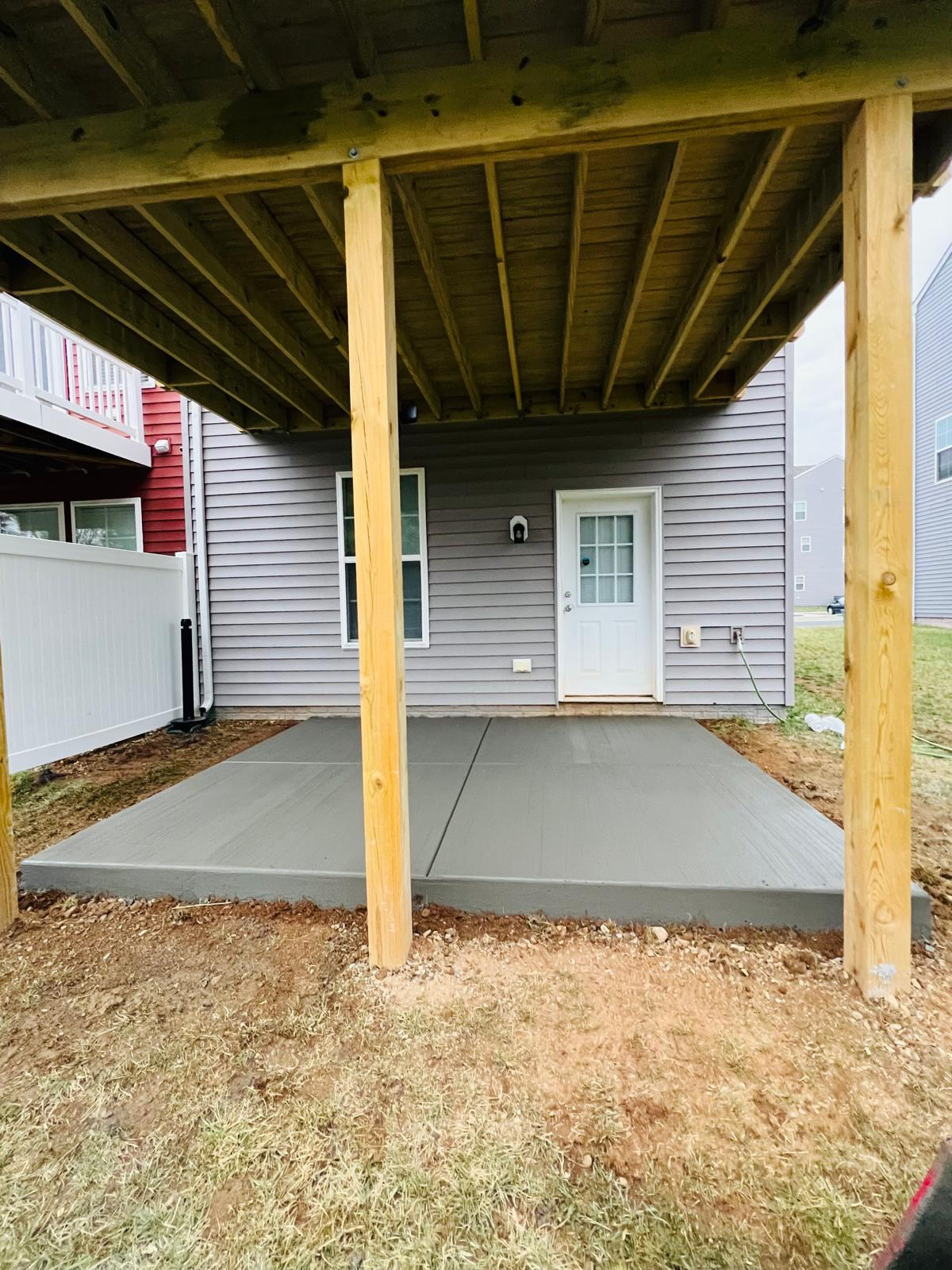
Valle concrete contractors & more LLC
Valle concrete contractors & more LLC
Valle Concrete Contractors & More LLC in Winchester, VA, specializes in comprehensive concrete solutions. From installation and repair to resurfacing, our services extend to masonry, foundations, residential and commercial projects, landscaping, drywall, painting, tree removal, snow removal, post-construction cleaning, and remodeling. Count on us for excellence in every detail. Quality Concrete Contractor,Reliable Concrete Contractor Front Royal, VA; Purcellville, VA; Strasburg, VA; Berryville, VA; Shenandoah Farms, VA Concrete Contractor,Concrete Company,Concrete Construction,Concrete Specialist,Concrete Services,Concrete Driveway,Concrete Finishing,Concrete Installation,Concrete Masonry,Concrete Paving,Drywall Installation,Drywall Repair
"Outstanding work. Prompt and reasonably priced. Recommend highly!"
Jim H on November 2025
Valle Concrete Contractors & More LLC in Winchester, VA, specializes in comprehensive concrete solutions. From installation and repair to resurfacing, our services extend to masonry, foundations, residential and commercial projects, landscaping, drywall, painting, tree removal, snow removal, post-construction cleaning, and remodeling. Count on us for excellence in every detail. Quality Concrete Contractor,Reliable Concrete Contractor Front Royal, VA; Purcellville, VA; Strasburg, VA; Berryville, VA; Shenandoah Farms, VA Concrete Contractor,Concrete Company,Concrete Construction,Concrete Specialist,Concrete Services,Concrete Driveway,Concrete Finishing,Concrete Installation,Concrete Masonry,Concrete Paving,Drywall Installation,Drywall Repair
"Outstanding work. Prompt and reasonably priced. Recommend highly!"
Jim H on November 2025
The Arlington, VA homeowners’ guide to masonry services
From average costs to expert advice, get all the answers you need to get your job done.
 •
•Discover the average stone restoration cost, including price ranges and key factors, to help you plan your next home project with confidence.

Need to repoint brick in your home to make your home look fresh and new? Use this guide to repointing brick cost to price out your project before starting.

Door or window lintel replacement costs $400 on average, but there are ways you can save. On the other hand, complicated work will increase costs considerably.
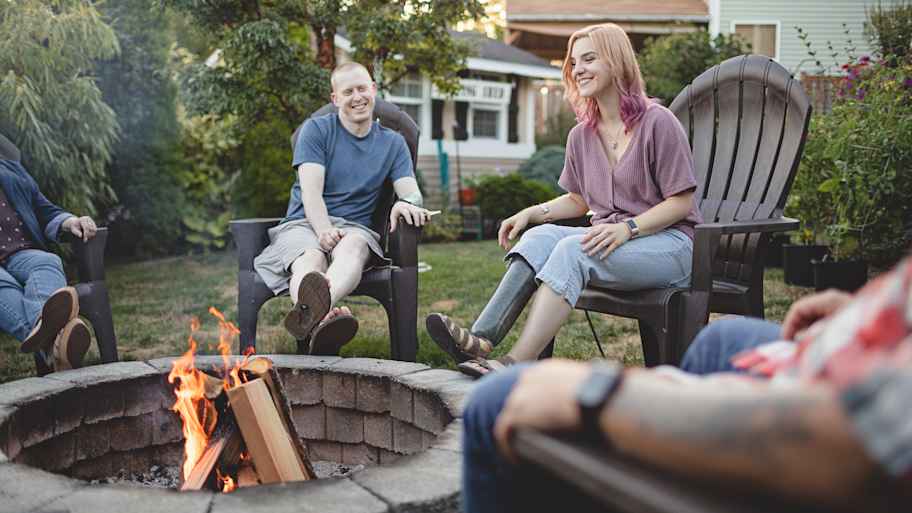
A fire pit adds attractive entertainment space to your backyard. Learn about standard fire pit dimensions and what factors contribute to fire pit size.

If your brick, stone, or block wall needs repair, here are the brick masonry questions and others you should be asking a contractor about the project.
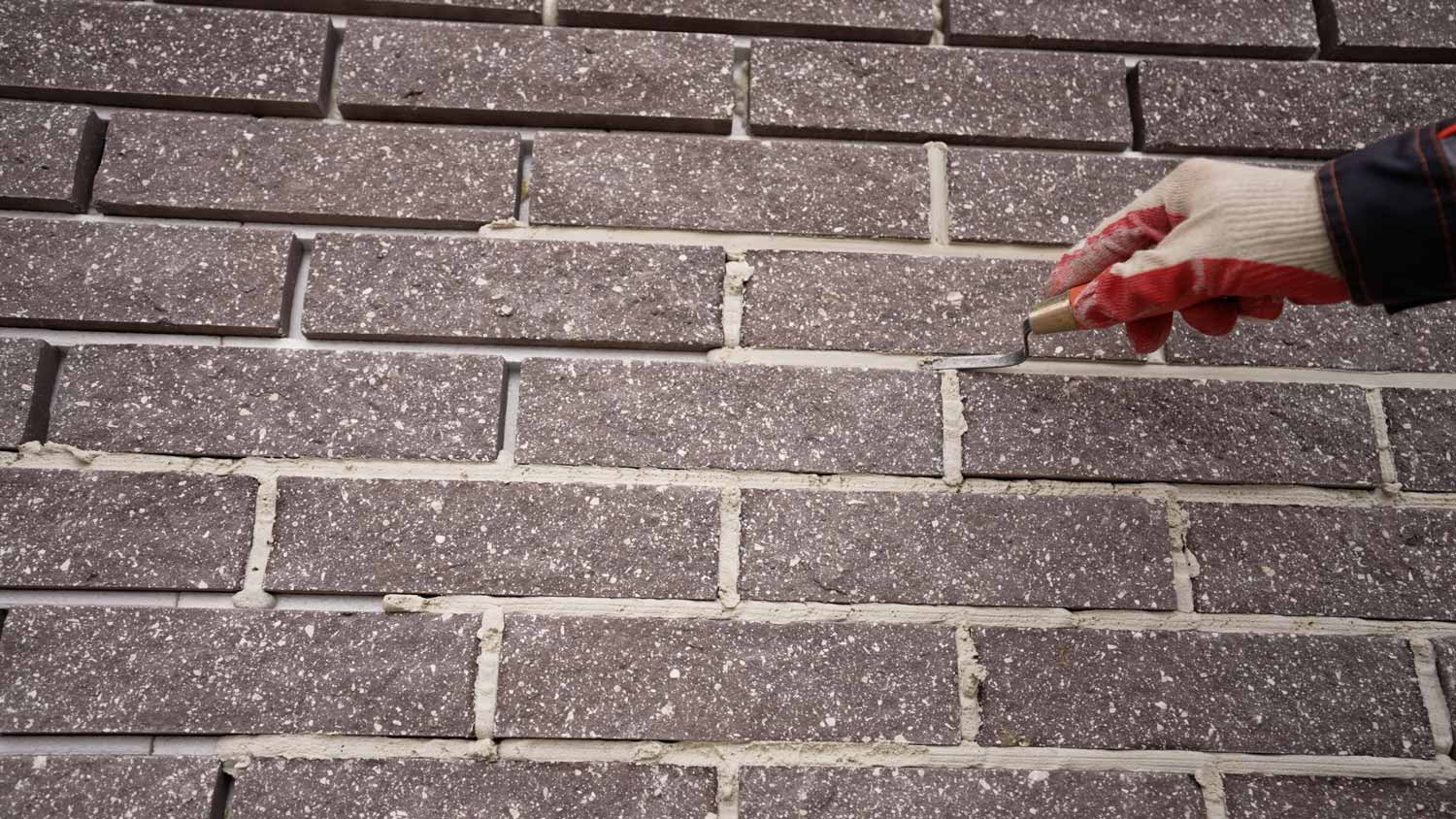
Fixing brick mortar is easier than most homeowners think. Use this guide to walk you through getting the job done with a few dollars and a few hours.
- Fort Myer, VA Masons
- Rosslyn, VA Masons
- Bailey S Crossroads, VA Masons
- Seven Corners, VA Masons
- Falls Church, VA Masons
- Lincolnia, VA Masons
- Alexandria, VA Masons
- Pimmit Hills, VA Masons
- Kingstowne, VA Masons
- Franconia, VA Masons
- Annandale, VA Masons
- Dunn Loring, VA Masons
- Glen Echo, MD Masons
- Mclean, VA Masons
- North Springfield, VA Masons
- Somerset, MD Masons
- Cabin John, MD Masons
- Forest Heights, MD Masons
- Glassmanor, MD Masons
- Oxon Hill, MD Masons
- Bethesda, MD Masons
- Chevy Chase, MD Masons
- Mount Rainier, MD Masons
- Cheltenham, MD Masons
- Tysons, VA Masons
- Vienna, VA Masons
- Springfield, VA Masons
- Brentwood, MD Masons
- Colmar Manor, MD Masons
- 🌱 "Mow a small front yard"
- 🛠 "Fix a leaking pipe under the sink"
- 🏠 "Repair shingles on an asphalt roof"
